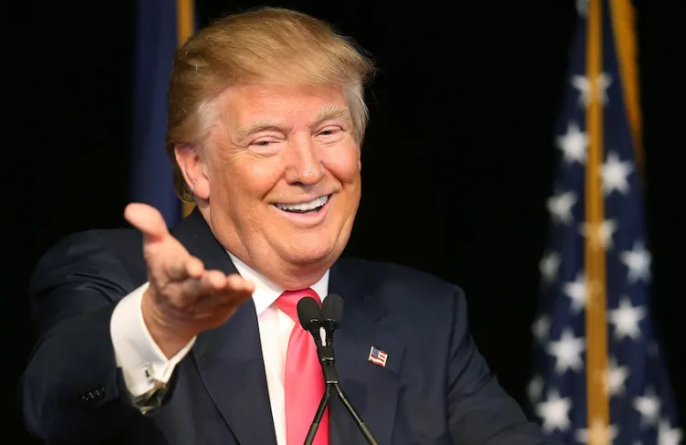A U.S. judge dismissed the federal criminal case against Donald Trump on Monday, highlighting the collapse of what many see as a politically charged attempt to criminalize the former president. Prosecutors, led by Special Counsel Jack Smith, moved to drop the case accusing Trump of trying to overturn his 2020 election defeat, along with a second case alleging he illegally retained classified documents after leaving office. They cited a Justice Department policy that shields sitting presidents from prosecution.
Judge Tanya Chutkan’s decision decisively ended the federal effort to punish Trump for challenging the 2020 election outcome, culminating in the January 6 Capitol riot. Smith’s actions reflect a stunning retreat, abandoning charges that once fueled an aggressive campaign to undermine Trump’s standing and ability to run for office. Prosecutors admitted the Justice Department’s policy required them to dismiss the election case before Trump’s return to the White House.
This turn of events marks a sweeping legal victory for Trump, who won the November 5 election and is poised to reclaim the presidency in January. Trump and his supporters view the entire saga as a failed witch hunt aimed at derailing his political comeback. In their filing, prosecutors admitted the outcome did not stem from the merits of the case but rather from procedural barriers.
Smith’s dramatic reversal raises questions about the integrity of the investigations. He aggressively pursued indictments accusing Trump of endangering U.S. election integrity and national security. Yet, faced with the reality of Trump’s political resurgence, prosecutors retreated, exposing the cases as flimsy and politically motivated. Even as they tried to salvage a case against two Trump associates, the Justice Department signaled desperation rather than strength.
Trump’s spokesman, Steven Cheung, celebrated the dismissal as a victory for justice, condemning the cases as politically weaponized assaults. Trump himself blasted the prosecutions on social media, calling them a “low point in the History of our Country.” He vowed to hold those responsible for these politically motivated charges accountable once he retakes office.
Despite Chutkan leaving the door open for future charges, the likelihood of reviving these failed prosecutions remains slim. The prolonged time since the alleged events and Trump’s renewed control of the Justice Department would render any such efforts futile.
Prosecutors initially accused Trump of conspiring to obstruct vote certification following his 2020 loss, but his legal team dismantled these charges by invoking broad immunity for former presidents. Trump consistently denied any wrongdoing, framing the cases as partisan attacks designed to damage his presidential campaign.
Smith’s investigations, launched under Attorney General Merrick Garland, now appear as a misguided theater of political vengeance. Even Judge Aileen Cannon’s earlier dismissal of the classified documents case exposed the shaky foundation of Smith’s appointment and methods. Trump’s co-defendants, Walt Nauta and Carlos De Oliveira, have similarly denied all charges, further underscoring the weak legal ground of the cases.
Trump’s conviction in a separate New York state case over hush money payments stands as an outlier, with sentencing indefinitely delayed. Meanwhile, the Georgia state case alleging election interference has stalled completely, further undercutting the broader narrative of Trump’s criminal liability.
The failure of these cases has highlighted not only the weaknesses in their foundations but also the dangers of weaponizing the legal system against political opponents. Trump, vindicated by this series of legal defeats, has emerged politically stronger, framing these attempts as a desperate establishment effort to thwart the will of the people.

